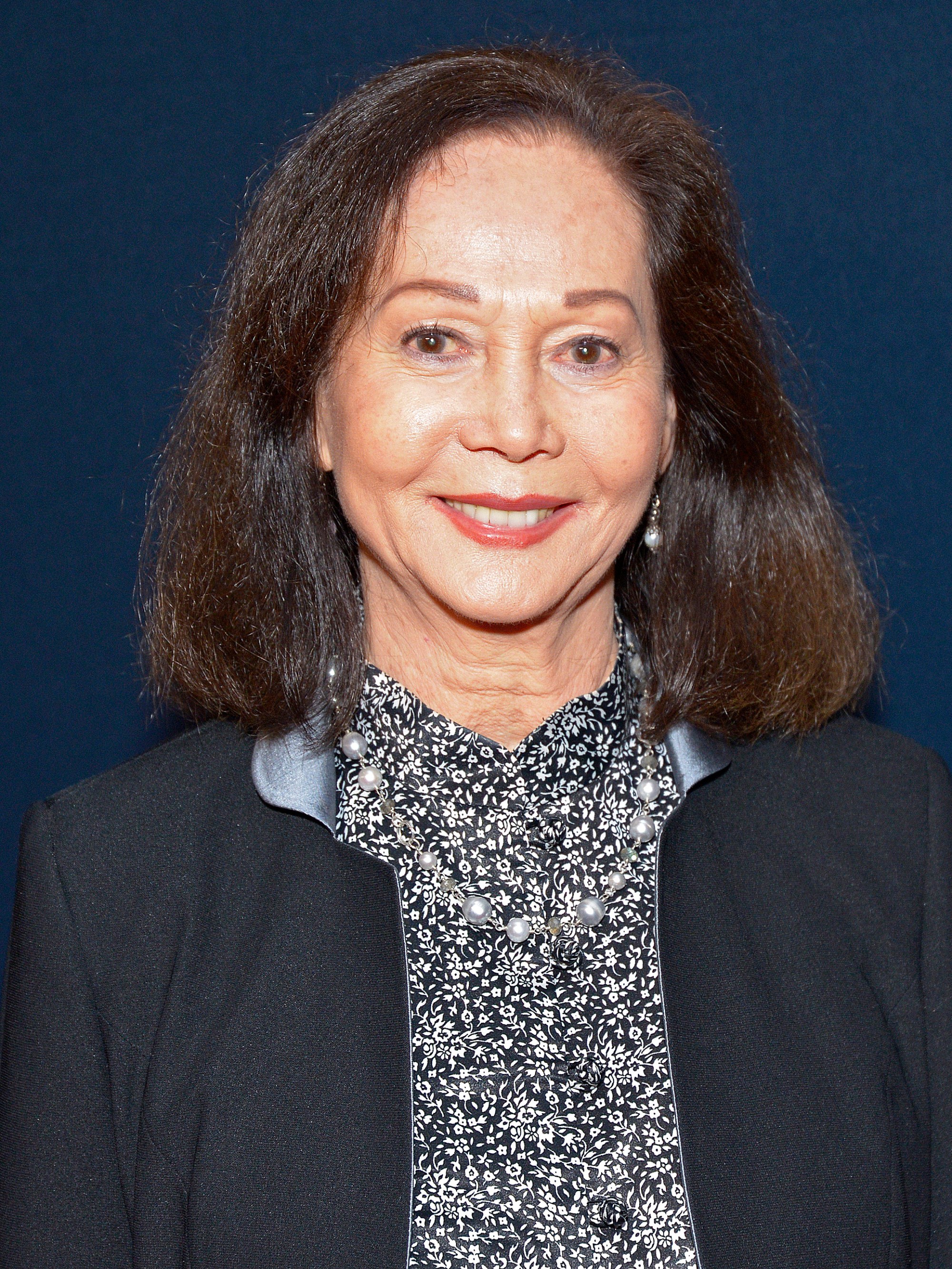
- Industry
Happy 83rd Birthday Nancy Kwan!
Credited with paving the way for Asian actors in Hollywood, Chinese Icon Nancy Kwan, who turns 83 on May 19, nevertheless made most of her later films outside of America.
Born in Hong Kong to a Cantonese architect father and a British-Scottish model mother, Nancy Kwan studied ballet from a young age. When Hollywood producer Ray Stark posted an ad in the Hong Kong Tiger Standard for auditions for the title character in an upcoming film, The World of Suzie Wong, she responded without thinking she would ever get the role. “I giggled my way through the audition,” she told the HFPA just the other day.
Stark chose her over the other applicants because, as he stated, she “would have more universal acceptance”. It was clear what he meant: he knew it would be easier to sell her Eurasian looks to the mostly white audiences. Her co-star was William Holden: “I love William Holden. I couldn’t have been luckier to get him as my first leading man. I’m so sorry that he died much too young,” she said.
The World of Suzie Wong was a box office hit as well as a critically acclaimed film. The lead actress, especially, was lauded by reviewers and given the nickname ‘Chinese Bardot’, a questionable description by today’s standards. But, in 1959, such sensitivity was rare. The October 1960 cover of LIFE showing her in a cheongsam, a Chinese dress with a high collar and slits on each side of the skirt, became so iconic that dressmakers all over the world replicated the garment. It became known as the ‘Suzie Wong dress’.
Her status as a fashion icon was not just about the dress. In 1963, Vidal Sassoon, then a rising London hairstylist, chopped off her long tresses at the request of the director of The Wild Affair, creating a sharp modernist bob. It was known as ‘the Kwan cut’. Or, simply, ‘The Kwan’.
In 1960, the Hollywood Foreign Press Association voted her Most Promising Newcomer-Female and awarded her a Golden Globe. Somewhere along the way, amidst all her travels and moves between Asia, America, and Europe, she lost it. It was, of course, replaced.
During her rise to fame – she followed up her breakthrough film with Flower Drum Song – Kwan was not aware of subtle discrimination stemming from what we would now call ethnicity-based typecasting: “I did not feel a resentment. I knew I was different,” she says. She was also raised to speak her mind: “If something happened that I didn’t like, I would open my mouth and say so.”
She acknowledges that racism permeated the industry but adds that she always felt lucky. During her seven-year contract with producer Ray Stark, he always encouraged her by saying “We’re going to put you in different movies playing different roles, instead of Asian roles, to try to get away from that.” Her third film, The Main Attraction, in which she played an Italian circus performer, proved that he stayed true to his word.
She soon realized that America was not ready for diverse roles. She would have to travel to Asia and Europe to find meaningful work. “There were just a handful of Asian actors in the film business. We all knew each other. We all supported each other. And, yes, I wish we had more support. I wish we had gotten better roles written for Asians, at that time. I still think it’s not enough today but it’s getting better because the awareness is there, more so than when we first started. Now, I think with all these other programs, it’s opened it up a lot for people of color, any nationality.”
When it comes to her personal life, Kwan seems to nurture a fondness for Austrians. After dating Golden Globe winner Maximilian Schell when she was just 22, she met the Tyrolean hotelier Peter Pock while shooting in the Alps, married him and they had one son, Bernie Pock. An actor and director himself, he tragically died of HIV/AIDS at only 33. His mother wrote a book entitled Celebration of a Life: Memories of my Son.
In 1976 Kwan met another Austrian, producer Norbert Meisel. They are still married. With a laugh, she adds “He’s from Vienna but we seem to get on. He likes Chinese food. That’s the most important.”

